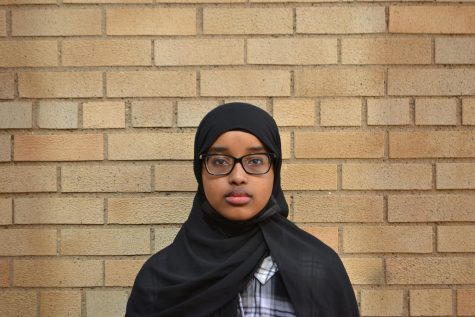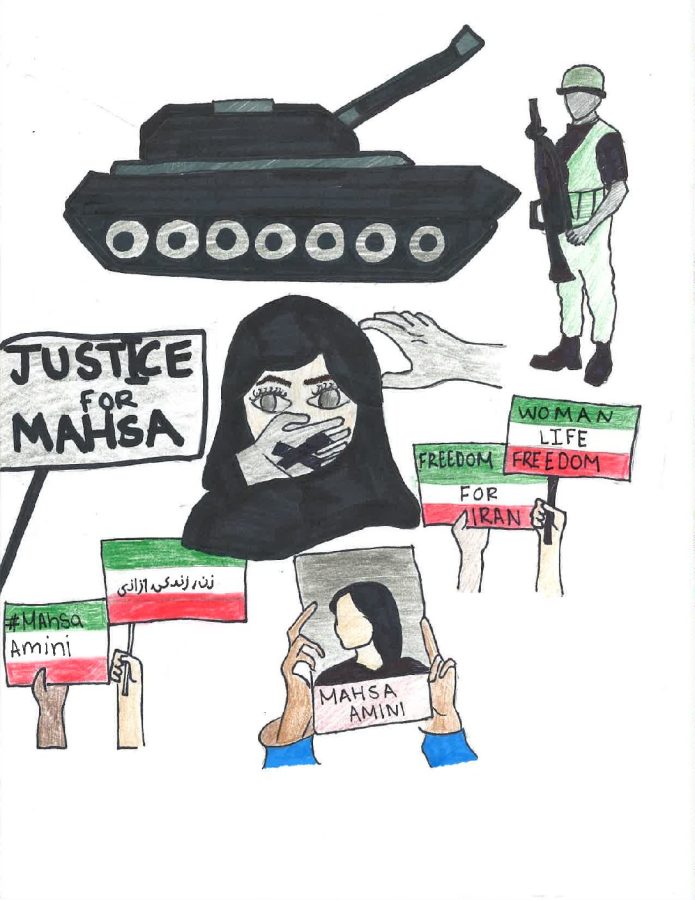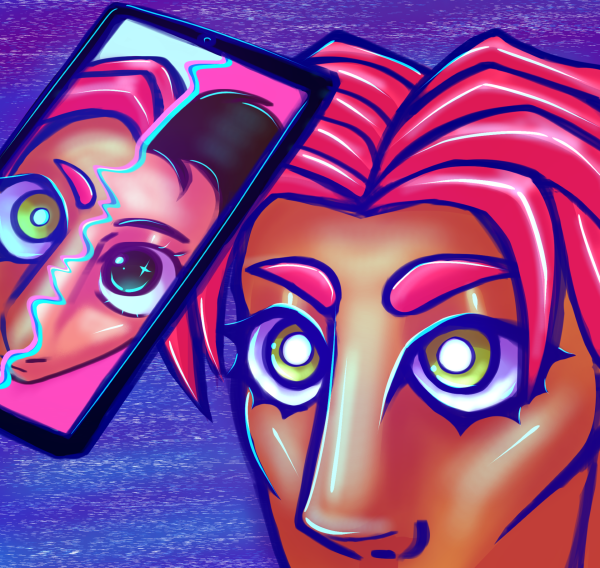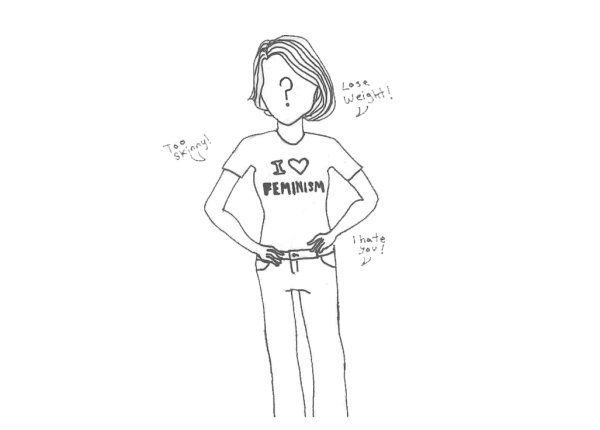Iranian protests gain followers in support
Iran, an Islamic-majority country, has many strict laws that are not following the nature of Islam, Sheikh argues.
This story was originally published in the Heights Herald print edition.
Religious extremity is taking the lives of countless people once again.
Protests in Iran erupted when a 22 year-old Kurdish Iranian woman, Mahsa Amini was detained by morality police and pronounced dead shortly after. The police said that Amini had a heart attack at the police station, collapsed and then fell into a coma. However, eyewitnesses who were also detained with Amini said that she was severely beaten to death. The death of Amini led to protests by Iranian citizens, and the police reacted to these protests with brutality and cruelty. They have killed many other men and women, and still these victims have not gotten their justice.
Women in Iran have been forced by law to wear a hijab against their will and have fought to change that restriction for years. The compulsory hijab law came into place in 1979 when Ayatollah Khomeini declared women must wear a hijab in the workplace. Iranian women took to the streets and protested these restrictive laws, and they too were met with violence. When this law was put into place, many well educated and successful women lost their jobs. Women were not only punished for their actions but also the actions of their male relatives. If a woman’s male family members were a part of the pre-revolutionary army, they could not go to university or take a job.
Unlike the earlier protests, present-day Iranian women have near-universal support from people all over the world. Videos on social media, which have since spread to the news media, have shown Iranian women protesting against these unjust laws. These videos have sparked other protests around the world, and many women are repeating chants and holding signs that the Iranian women have used in their own protests. The support that people are giving Iranian women is something we have not seen before. Iran is isolated from people of several other countries because of the government’s strict censorship laws and media control. A few of the sites they have blocked include Facebook, YouTube, Twitter and Snapchat.
Even though these protests have support from people outside of Iran, there are still some that have problems with the methods of the activists. During the protests, Iranian women were burning the hijab and they made artwork depicting women taking their hijabs off. This caused issues with the Muslim community. Some Muslim people believe that the burning of the hijab is disrespect toward the religion and that there are better ways to retaliate against the government.
However, according to a translation of the Quran, Allah says, “And tell the believing women to lower their gaze and be modest.” This verse does not state that non-believing women have to be modest, so it would not make sense to condemn them for their choices on modesty. Islam is against forcing religion unto non-believers—in fact, the Quran teaches that the religion should be spread through good mannered discussion and respect towards others. The forcing of the hijab goes against the word of Allah, and since these women have neither the choice nor the intention of wearing the hijab for religious purposes, it is then not a hijab. Thus, it is not Islamophobia or an attack on Muslims to burn the hijab. It is, more accurately, retaliation against controlling religious leaders.
“It’s interesting because Iran is both an Islamic country, a theocracy and also an authoritarian regime,” Columbia Heights High School [CHHS] social studies teacher Ms. Kristen Sinicariello said. “So, people aren’t necessarily protesting against the religion of Islam they are protesting against the authoritarian regime and those two issues are getting conflated in the media.”
Religious extremity is an issue for both the victims of this persecution and the devout followers of the religion. Destruction in the name of a religion makes people see the religion they advocate for in a bad light. Discrimination takes its power from stereotypes and misconceptions. When people who call themselves Muslim kill or terrorize others, onlookers don’t see it as a person vs. person issue, they see it as a religion vs. person issue. Although there are people who use their faith as a cover-up for their corruption, this should not paint the innocents that share their faith as corrupt. This misjudgment causes people to see the wrong enemy and point their fingers and use hurtful words toward the innocent instead of the guilty.
Don’t let the right-wing media or uneducated online posters cloud your eyes on who is truly in the wrong. Instead, support the people suffering under tyranny by being educated and sending charity.

My name is Istabraq Sheikh and I'm a 11th grader at CHHS. It's my second year in the Heights Herald. I joined because I enjoy writing and wanted to...







